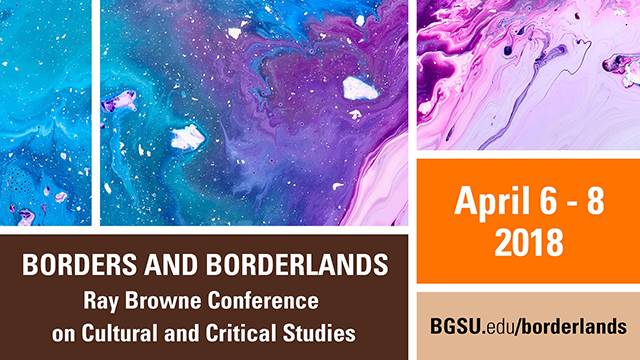
Concurrent Panel Session Three
Diversity of K-pop Focusing on Race and Language
Start Date
6-4-2018 3:00 PM
End Date
6-4-2018 3:50 PM
Abstract
The globalization of Korean popular music, known as K-pop, has been widely discussed in the field of popular music studies, with scholars such as Michael Fuhr, Dal-Yong Jin, and Keith Howard. They all identify K-pop as one of the examples of globalization in cultural studies by studying the global achievements of K-pop idol groups and analyzing the interests of global audiences. However, these scholars have not adequately addressed the issue of a diversity in K-pop regarding race and language; in many cases their works focus on global influences of K-pop.
My paper will address the issue of diversity in the discourse of K-pop with special attention to race and language as a cultural borderland. Specifically, in my project, I will be looking at three kinds of K-pop groups; K-pop group consisting Koreans and non-Koreans, consisting of Koreans but singing in non-Korean language, and consisting of non-Koreans but singing in the Korean language, in order to show diversity of Korean popular music field. Through their music and certain features, I argue that K-pop has a diversity and is an example of a cultural borderland. By looking at a diversity of K-pop focusing on race and language, this study will help to expand people’s understanding of K-pop. In conclusion, this project, by closely examining three different kinds of K-pop groups, sheds new light on the neglected issue of the diversity of K-pop focusing on race and language.
Keywords
popular music, Korean popular music, K-pop, race, language, diversity
Diversity of K-pop Focusing on Race and Language
The globalization of Korean popular music, known as K-pop, has been widely discussed in the field of popular music studies, with scholars such as Michael Fuhr, Dal-Yong Jin, and Keith Howard. They all identify K-pop as one of the examples of globalization in cultural studies by studying the global achievements of K-pop idol groups and analyzing the interests of global audiences. However, these scholars have not adequately addressed the issue of a diversity in K-pop regarding race and language; in many cases their works focus on global influences of K-pop.
My paper will address the issue of diversity in the discourse of K-pop with special attention to race and language as a cultural borderland. Specifically, in my project, I will be looking at three kinds of K-pop groups; K-pop group consisting Koreans and non-Koreans, consisting of Koreans but singing in non-Korean language, and consisting of non-Koreans but singing in the Korean language, in order to show diversity of Korean popular music field. Through their music and certain features, I argue that K-pop has a diversity and is an example of a cultural borderland. By looking at a diversity of K-pop focusing on race and language, this study will help to expand people’s understanding of K-pop. In conclusion, this project, by closely examining three different kinds of K-pop groups, sheds new light on the neglected issue of the diversity of K-pop focusing on race and language.

